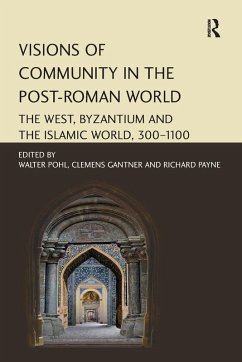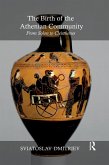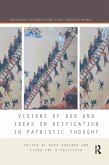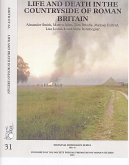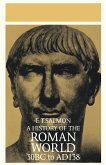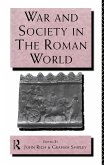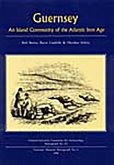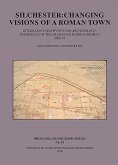This volume looks at 'visions of community' in a comparative perspective, from Late Antiquity to the dawning of the age of crusades. It addresses the question of why and how distinctive new political cultures developed after the disintegration of the Roman World, and to what degree their differences had already emerged in the first post-Roman centuries. The Latin West, Orthodox Byzantium and its Slavic periphery, and the Islamic world each retained different parts of the Graeco-Roman heritage, while introducing new elements. For instance, ethnicity became a legitimizing element of rulership in the West, remained a structural element of the imperial periphery in Byzantium, and contributed to the inner dynamic of Islamic states without becoming a resource of political integration. Similarly, the political role of religion also differed between the emerging post-Roman worlds. Anybody interested in the development of the post-Roman Mediterranean, but also in the relationship between the Islamic World and the West, will gain new insights from these studies on the political role of ethnicity and religion.
Hinweis: Dieser Artikel kann nur an eine deutsche Lieferadresse ausgeliefert werden.
Hinweis: Dieser Artikel kann nur an eine deutsche Lieferadresse ausgeliefert werden.

